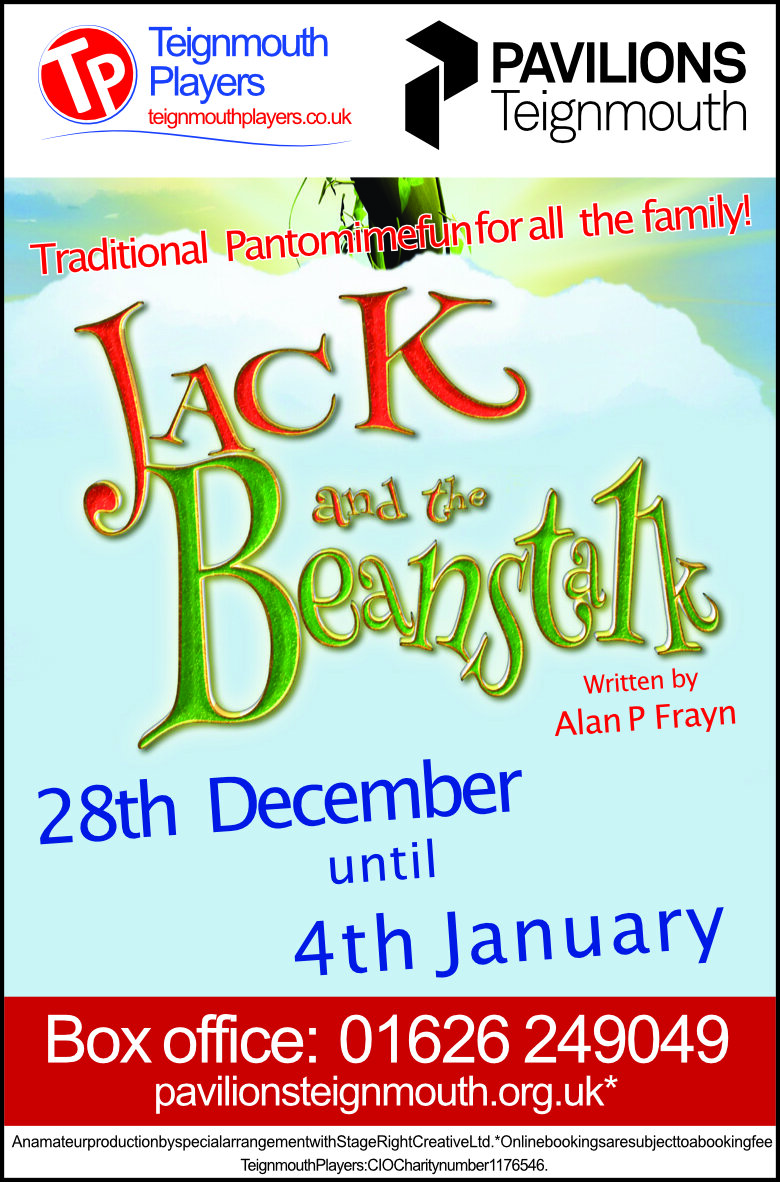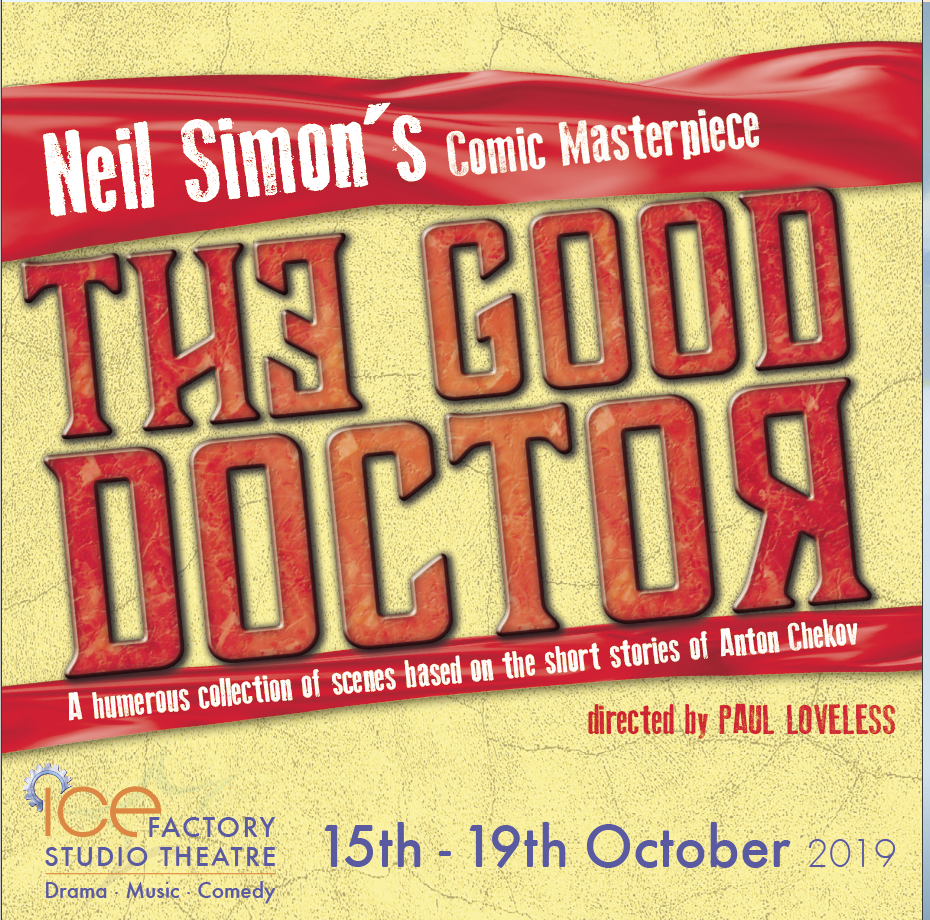Roberto Zucco By Bernard-Marie Koltés · Translated by Martin Crimp
/Review by Howie Watkins
Inspired by the life and crimes of Roberto Succo, the Italian mass-murderer who murdered at least seven people across Italy and France in the 1980s, and for a while was Europe’s most wanted man, this play tells the story of a young man, Roberto Zucco, who embarks on a killing spree after escaping from prison.
The play opens with two disgruntled prison guards (Andy Killen and Stephen Day) discussing their unhappiness with their lives, their utter lack of any purpose, and musings about the great variety of shape, and size of men’s penises. Stephen drives the dialogue beautifully, with sharp comic timing and Andy (with just enough, but not too much, of the ‘Baldrick’) is an excellent foil. This is good stuff, the audience laughed in the right places, and I relaxed. I’d heard that this play – the last work by Bernard-Marie Koltès, was difficult and challenging, but this was clearly going to tread familiar existential ground.
I’ve never seen a play by Koltès, but knew (thanks Wikipedia) that he was considered heir to the legacy left by post-war playwrights such as Samuel Beckett, Jean Cocteau and Jean Genet, so I had a fair idea of what to expect next; a couple of hours of prison guard musings with occasional happenings. Then… Roberto Zucco (Lewis Bird) appears, crawling across the stage and out the door. The guards, previously obsessed with musings on not having a purpose realise they do in fact have a purpose, they are supposed to prevent prisoners escaping, and they have spectacularly failed. They exit. Scene over… In minutes. It’s like Beckett for TikTok. Why take an hour to expand and explore a theme when you can throw it in the audiences face and, while they’re still reeling, move on to the next?
We are then taken on a whistle stop tour of Zucco’s post-escape actions, where we learn a little about what he has done and see some (thankfully not all) of what he goes on to do. In every scene, we see similar dramatic tricks employed in the opening, with characters expressing conflicting emotions and views in quick succession.
After escaping from prison, Zucco returns home. His mother (Patricia Angove) is terrified and tells him to go away, or she’ll call the police. He breaks in, his mother – now brave – insults him and calls him mad, calls him evil because he murdered his father, and tells him she wishes she’s put him out with the rubbish while an infant. Then, she switches, and she’s his loving mother, talking about how she wants to look after him and craving the expressions of affection that they formerly shared… and then he kills her. Scene over, move on. Huge themes of fear, love, anguish, and loyalty, that Beckett et al. would have developed over a whole play… thrown at you in five minutes and whoosh… onward we are swept. This is hugely demanding for the actors, who must switch between emotional opposites and express them in quick succession. Patricia achieves this magnificently – and is believable as she portrays the conflicting emotional states, despite the sparse dialogue.
Another jump, we are now in a family kitchen, a woman – ‘Girl’s Sister’ (Layla Crabtree) is co-ordinating the search for the missing ‘Girl’ (Jaz Weyer Brown). ‘Girl’ then appears and is subjected to a tirade from her sister about how poorly she has behaved. This turns to concern and affection when she suspects her sister has been sexually assaulted, and she tries to offer support. This is interrupted by the arrival of ‘Girl’s Brother’, a quite shockingly awful human (David Warren), and appearances by ‘Girl’s Mother’ (Patricia Angove) and ‘Girl’s Father’ (Andy Killen), both almost as awful. Where do I start? At this point, all that we know of ‘Girl’ is that she is frightened, and it is not until later scenes, where she expresses herself, that Jaz Weyer Brown is given free rein to portray the complexities of her character’s emotions. Right now, it is Layla Crabtree that has our attention as she switches from rage, to compassion, to fear, and back to rage. Enter Zucco – for it is he that has assaulted the ‘Girl’, or was it assault? Here, things get a little confused as the ‘Girl’ switches from traumatised to adoring and clearly infatuated by the enigmatic Zucco.
We now jump to a brothel, where the madam (Amy Burton-Smith) manages to engage us completely by doing practically nothing, sucking us in with her extrovert apathy, while the Melancholy Detective (Ed Stewart), delivers a beautiful speech about his state of mind and the feeling of foreboding he can’t escape. Dismissed by the Madam, the Melancholy Detective leaves, only to be murdered by Zucco – so that explains the sense of foreboding. A short, but impressive interruption by the ‘Panic Stricken Prostitute’ (Jemma Carlin-Wells), helps the audience to understand what has happened – it’s lost on the Madam though, she’s busy with her puzzle book.
If this wasn’t all disturbing enough, things now ramp up. We have a scene in a park – where Zucco is initially friendly towards, and then threatens, an ‘Elegant Lady’ (Nicole Davall), and then murders her child (Bethany Andrews). The ‘Elegant Lady’ has to switch between flirting affection, to anger at Zucco, to abhorrence of what he has done, back to affection for him. Once again, the script demands a surreal sequence of emotions – and Nicole delivers them. The whole scene in the park is observed by a group of commenting onlookers – who manage to combine the characteristics of a Greek chorus and a community Facebook group. There are also some comedy policemen (Killen and Day again, but with different hats) and Bethany, although she doesn’t get to say or do much before she is shot in the head, is quite marvellously mouthy and smart.
After the interval, during which time the audience had a welcome opportunity to discuss the fine range of drinks at the bar, the quality of the ice cream on sale and the comfortable nature of the seats, among other topics, we are thrown back into the mix. Here’s where things really get complex.
Further scenes give us a thoughtful old man (Gordon Mellor), lost in the metro, whom Zucco assists, rather than murdering, a pimp (Stephen Day, again), More police (Killen and Day – different hats), and more detectives (Stewart again and Richard Weare).
Now we have even more themes, with an amazing denouncement on the utter awfulness of men provided by both Layla Crabtree in a painful soliloquy and then illustrated by David Warren when he sells his sister into prostitution. Layla’s delivery of the speech about men is so powerful it had me squirming in my seat – we’re not as bad as that are we?
The importance of the ‘Girl’s’ virginity, and the descent of her and her family, into ruination because of its loss confused me. There are so many themes in this play that are timeless, and some that feel modern today – over thirty years after its first performance, but this felt a bit like Kitchen sink realism circa 1955. There is also the uncomfortable matter regarding the nature of consent from the ‘Girl’ and the sex with Zucco.
The nature of evil, love, obsession, depression, delusion, the patriarchy, and descent into madness… all of these themes are enough for a play in their own right (and have been). Here, they are thrown at the audience in quick succession. Pathos, humour, shock, and horror. It’s quite exhausting.
And what of Zucco? Are we supposed to fear him, pity him, understand him, see ourselves in him? He is the main protagonist, and yet he seems to float through the play – almost like a bystander. Is he actually Parsifal (or Percival in English legend) the only person who is able to see the truth – because he is ignorant of the way the world works? Bird’s portrayal of Zucco conveys this ‘otherworldliness’: he is onstage, he is driving the narrative, and yet – everything feels like it’s happening around him. He dominates the stage, and then he isn’t there at all.
Choosing to put on this play was a brave choice by Director Stephen Andrews and the Teignmouth Players who supported it. That’s a phrase that’s often intended to be pejorative, to suggest that the director, or the performers were brave because it was far too difficult for them. This isn’t the case here. This is a difficult, demanding, and challenging play, one that demands a creative director and talented performers. This production had both. It was a brave choice because staging a play like this is a departure from what many people expect from a dramatic society in a small venue in a small town. Perhaps, with more brave choices, we’ll see more and more drama like this in our little and studio theatres. I certainly hope so.






